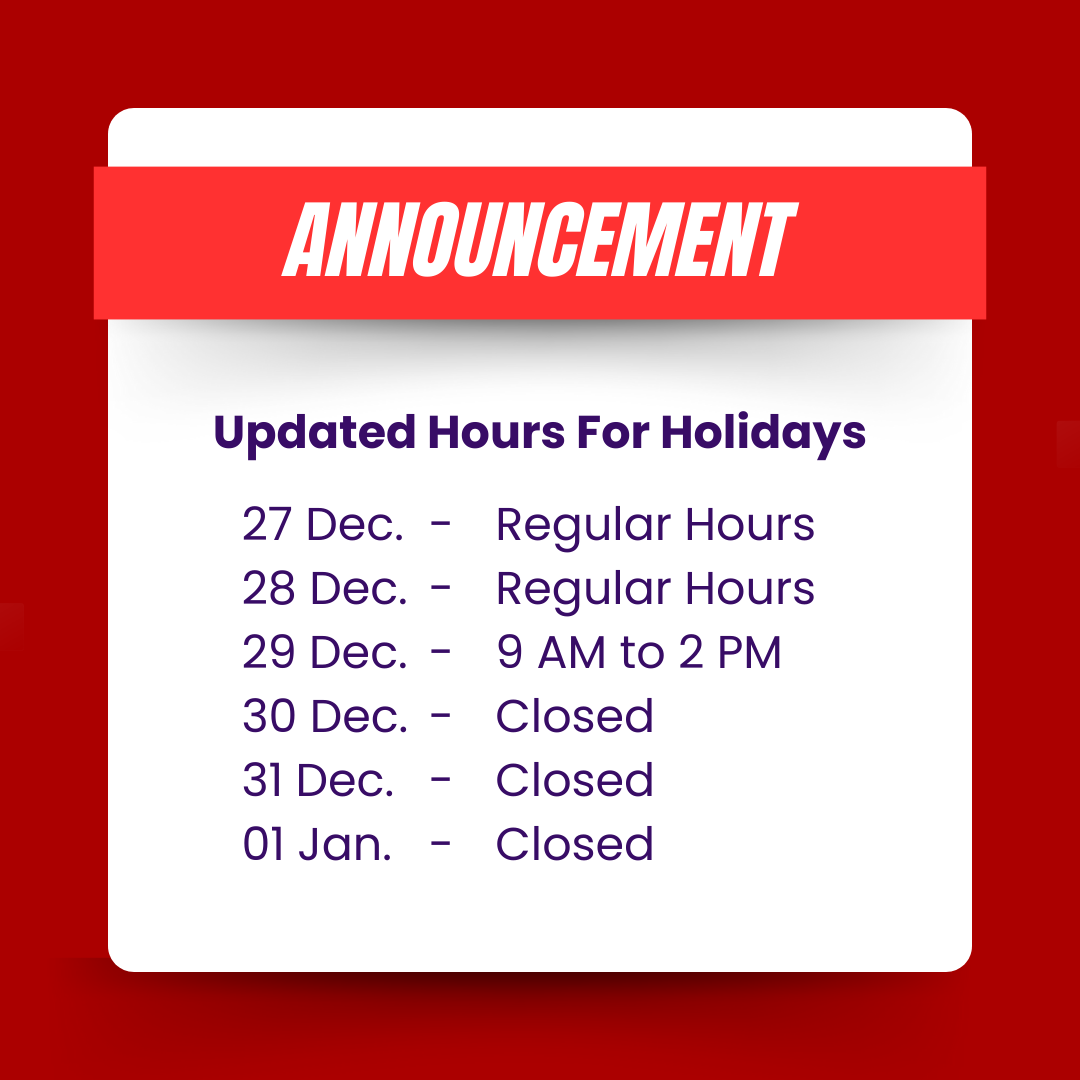As a business owner, you invest your time, money, and resources to ensure the smooth running of your business operations. However, unexpected disruptions can occur at any time, causing a significant impact on your business. This is where business interruption insurance comes into play. Business interruption insurance is designed to provide coverage to businesses in the event of an unforeseen interruption, such as a natural disaster, fire, or other covered peril. This type of insurance can help businesses stay afloat and recover from the financial losses incurred due to the interruption.
Why Do You Need Business Interruption Insurance?
Many businesses often overlook the importance of business interruption insurance, assuming that their existing property or liability insurance policies will cover any losses that may occur. However, this is not always the case. Traditional property insurance policies typically cover physical damages to your business property or equipment, but they may not cover the loss of income that results from the damage. In contrast, business interruption insurance covers the loss of income and additional expenses incurred as a result of the interruption.
For example, suppose a fire damages your business property and you are forced to close your doors for several weeks while repairs are being made. In that case, your property insurance policy may cover the cost of repairing the damage, but it may not cover the lost income that you would have earned during that time. Business interruption insurance can help fill this gap and provide you with the necessary coverage to keep your business afloat during the recovery period.
What Does Business Interruption Insurance Cover?
Business interruption insurance covers a range of losses that may occur as a result of an interruption. These losses may include:
- Loss of Income: Business interruption insurance provides coverage for the loss of income that your business may suffer as a result of an interruption. This coverage is typically based on your business’s historical income and may be subject to certain limitations or exclusions.
- Additional Expenses: If your business is forced to relocate or operate in a temporary location, business interruption insurance may cover the additional expenses incurred during this time. These expenses may include rent, utilities, and other costs associated with the temporary location.
- Extra Expenses: Business interruption insurance may also cover the extra expenses that your business incurs as a result of the interruption. These expenses may include overtime pay, additional advertising costs, and other expenses that are necessary to keep your business operational during the recovery period.
- Civil Authority: Business interruption insurance may provide coverage if your business is forced to close or reduce operations due to an order issued by a civil authority, such as a government agency or law enforcement.
- Dependent Properties: If your business relies on another property or business for its operations, business interruption insurance may cover the losses incurred as a result of damage to the dependent property or business.
It is essential to review your policy carefully to ensure that you have the coverage you need and that you understand any limitations or exclusions that may apply.
How is Business Interruption Insurance Calculated?
The cost of insurance varies depending on various factors such as your business’s size, industry, and location, among others. The coverage is usually calculated based on your business’s historical income and expenses, as well as the estimated time it will take to recover from the interruption. To calculate the coverage amount, insurers typically use a formula that takes into account the following factors:
- Gross Income: This refers to your business’s total income, including sales, services, and other sources of revenue.
- Operating Expenses: These are the expenses required to keep your business operational, such as rent, utilities, payroll, and supplies.
- Net Income: This is the income remaining after deducting operating expenses from gross income.
- Period of Restoration: The period of restoration refers to the time it takes for your business to return to its pre-interruption level of operations. This may include the time required to repair or replace damaged property, restock inventory, and rebuild customer relationships.
Insurers typically calculate the coverage amount based on the estimated period of restoration, which may vary depending on the nature of the interruption. For example, a temporary interruption due to a power outage may have a shorter estimated period of restoration than a longer-term interruption due to a natural disaster. It is important to note that business interruption insurance coverage typically has a waiting period before the coverage kicks in. This waiting period may range from a few days to several weeks and is designed to prevent businesses from making small claims that are easily manageable.
How Can You Obtain Business Interruption Insurance?
This type of insurance can be obtained as an endorsement to an existing property insurance policy. It is important to work with an experienced insurance broker who can help you determine the coverage amount you need and find the best policy for your business. When shopping for business interruption insurance, it is important to compare policies from different insurers and review the coverage terms carefully. Some policies may have exclusions or limitations that may affect your ability to make a claim, so it is essential to understand the policy’s terms and conditions.
Conclusion
Business interruption insurance is a crucial component of any business’s risk management strategy. It provides coverage for the loss of income and additional expenses incurred as a result of an unexpected interruption, such as a natural disaster or fire. Without this coverage, businesses may struggle to recover from the financial losses incurred due to the interruption. To ensure that your business is adequately protected, it is important to work with an experienced insurance agent who can help you determine the coverage amount you need and find the best policy for your business. By investing in interruption insurance, you can have peace of mind knowing that your business is protected against unexpected disruptions that may occur in the future.







